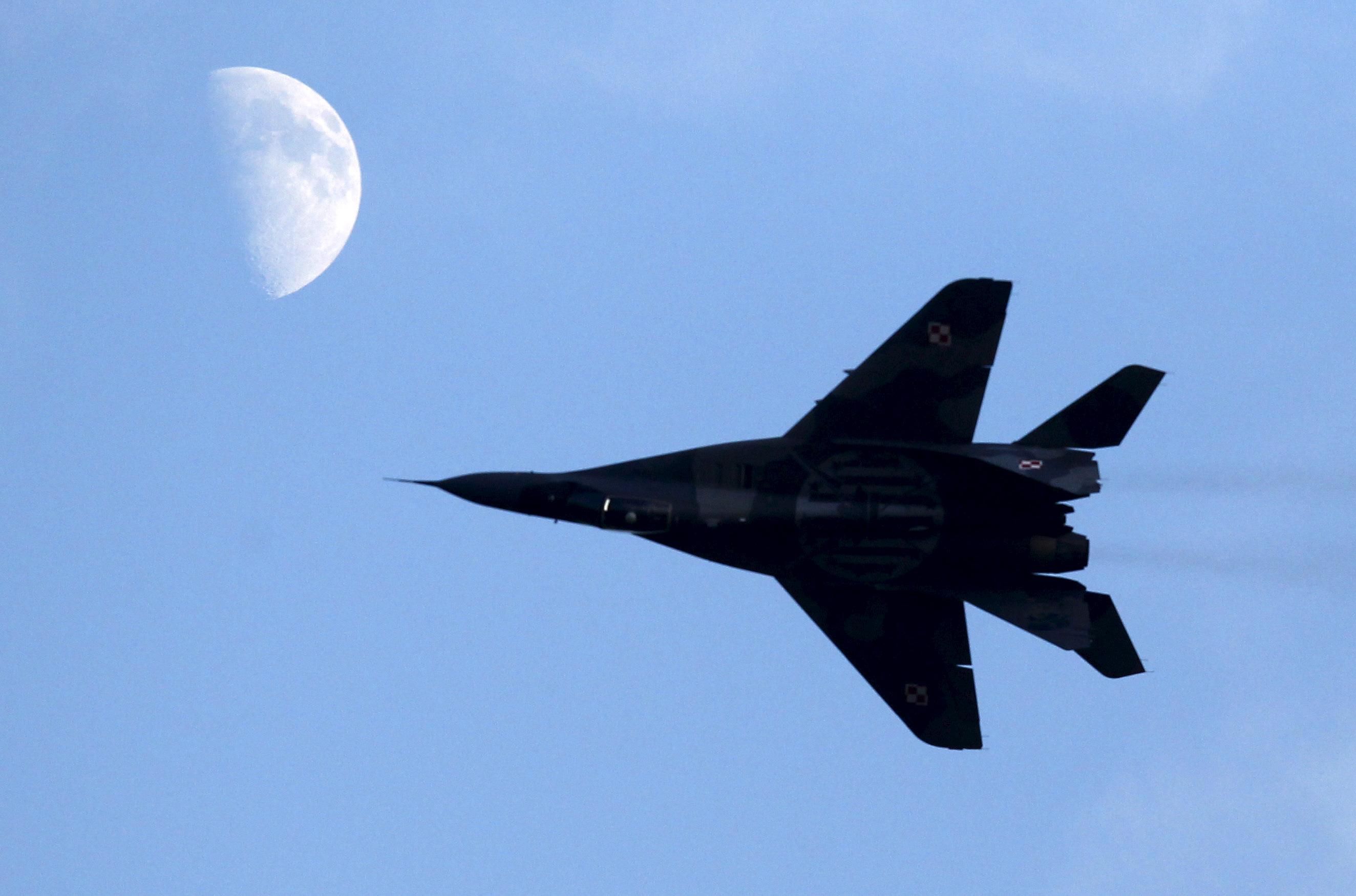As we enter Day 13 of Russia’s invasion of Ukraine, it has become obvious that Russia and the West are already at war. US and European leaders continue to reject calls to establish a no-fly zone over Ukraine to avoid a NATO-Russian collision that triggers World War III. But the combination of exceptional Western military support for Ukraine and historically harsh sanctions on Russia have already given way to a new Cold War.
The US and NATO have supplied Ukrainian fighters with thousands of anti-tank weapons and have set up a secret cybercorps to wage digital war on Russian disinformation and hacking campaigns. The Biden White House has talked openly of working with Poland to supply Ukrainian pilots with Soviet-era jets to challenge Russian aircraft for air supremacy.
Sanctions, particularly on the country’s central bank, threaten to send Russia’s already wobbly economy into a spiral toward depression. The White House is also busy on the oil front. Senior US officials reportedly visited Venezuela over the weekend, and the administration has publicly floated a possible trip to Saudi Arabia. In both cases, the goal is to try to peel away Russian partners and to increase oil production to push prices lower. Meanwhile, on Tuesday, energy giant Shell became the latest big corporation to pull out of Russia. Shell announced plans to withdraw from Russian oil and gas, and it apologized for having bought Russian oil since the invasion.
Despite all this, President Vladimir Putin shows no signs of giving an inch in his drive to control Ukraine’s future. Offers to set up humanitarian corridors that lead to Russia and Belarus have been rejected as “immoral,” although Russia finally allowed civilian evacuations from two Ukrainian cities to begin on Tuesday. Putin’s military, meanwhile, continues to shell civilian areas in multiple cities, and his diplomats are offering to halt the war only if Ukraine lays down its weapons, gives up a lot of territory, and rewrites its constitution with promises never to join NATO. In other words, if Ukraine surrenders. For all these reasons, the temperature in this conflict continues to rise.